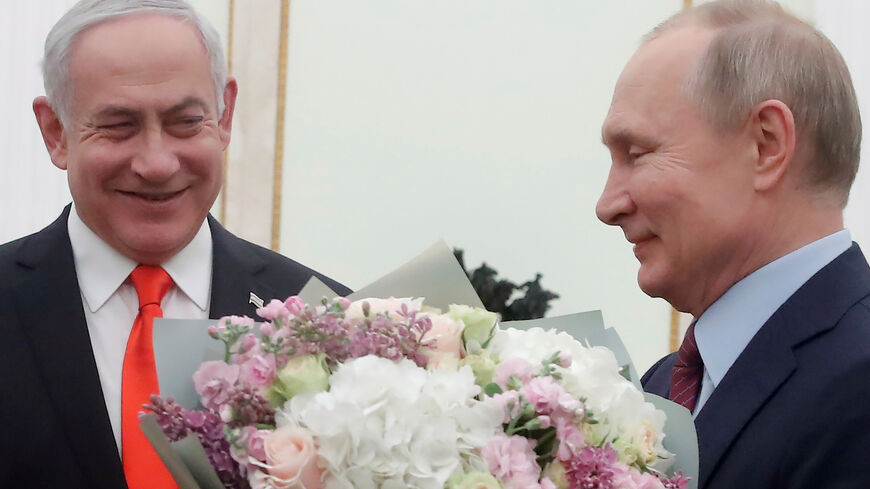Israel’s Foreign Office announced on Friday that Russia will open a consular services office in Jerusalem as part of a deal resolving a yearlong diplomatic and real estate dispute between the two countries.
A statement issued by the Foreign Ministry said that under instructions by Foreign Minister Eli Cohen, a joint team of Israeli diplomats and representatives of the Jerusalem municipality negotiated with Russian officials for several months over a plot of land situated in the corner of King George and Ma’alot streets in the center of the city.
"According to the agreement reached between the Jerusalem municipality and the Federation of Russia [with the assistance of Israel’s Foreign Ministry and the Russian Embassy in Israel], an annex of the Russian Embassy’s consular services department will be set up on the abovementioned plot. The annex will include also a conference center and housing for [Russian] diplomats," the announcement read.
It continued that the agreement with Russia is part of Israeli diplomacy’s ongoing efforts to increase the number of diplomatic missions in Jerusalem, hailing the deal as a "major achievement" for Israel’s diplomacy.
The Foreign Ministry did not mention when exactly the agreement was reached and where was it signed, but Haaretz newspaper revealed the signature took place at the office of Jerusalem Mayor Moshe Leon, in the presence of Russia’s Ambassador to Israel Anatoly Viktorov, a few days ago.
An announcement issued also on Friday by the Russian Foreign Ministry emphasized that the new complex to be constructed will serve consular purposes. The agreement, it was noted, will strengthen Israel-Russia relations. In parallel, it also hailed Russia’s efforts in reaching a "just solution" in the Middle East.
The language of the Russian announcement apparently signals that all diplomatic/political issues will still be handled by the embassy in Tel Aviv. The new complex will serve only for consular and administrative issues. Russia also has an office in Ramallah, which serves as its mission vis-a-vis the Palestinian Authority.
Several European countries have consular offices in Jerusalem. In most cases — France and Sweden for instance — these consular offices are located in Ottoman Empire-era buildings. Thus, as long as the new complex will not serve diplomatic purposes, European countries are not expected to protest against the move or view it as recognition by Russia of Jerusalem as the capital of Israel.
The disputed plot is currently serving as a parking lot. The Jerusalem municipality and Russian authorities have long disagreed over the registration of the plot and over municipal taxes. According to Israel Hayom, which first exposed the story, the municipality is giving up on the taxes.
The King George plot is not the only Jerusalem land in dispute with Russian authorities. In 2009, Israel handed over to Russia ownership of the Sergei Courtyard, which had belonged years ago to the family of the Russian tsar. The ownership of the land of the Alexander Nevsky Church in Jerusalem is also in dispute. Prime Minister Benjamin Netanyahu had agreed to hand it over to Russia in 2020, in the framework of efforts to free an Israeli woman — Naama Issachar — sentenced in Moscow to prison over drug offenses. Still, in 2022 the court canceled the agreement of Netanyahu. The issue of the Alexander Nevsky Church land ownership is still pending in court.







